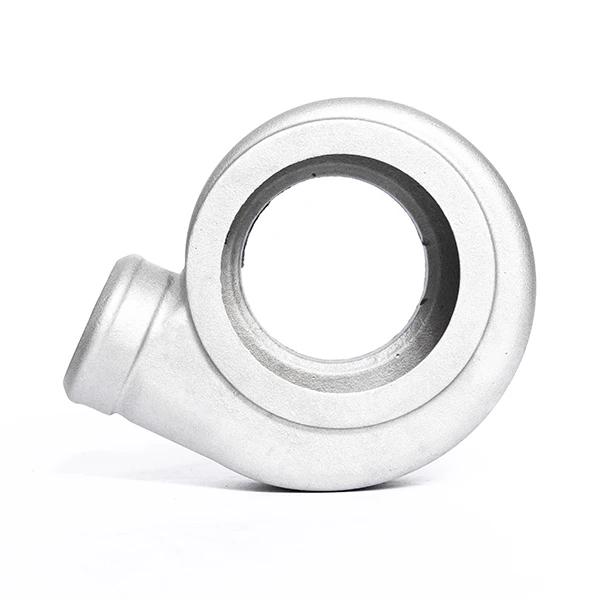Mobile:+86-311-808-126-83
Email:info@ydcastings.com
impeller closed
Understanding Closed Impeller Design in Pump Systems
In fluid dynamics and engineering, the importance of pump design cannot be overstated. Among the various types of pump components, the closed impeller plays a crucial role in enhancing the performance and efficiency of pumping systems. This article delves into the concept of closed impellers, their design features, operational advantages, and applications.
A closed impeller is a type of impeller used in centrifugal pumps, characterized by the presence of two parallel disk-like plates that enclose the impeller blades. This design contrasts with open impellers, which have exposed blades and no surrounding casing. The closed configuration serves several essential functions, primarily focused on optimizing the hydraulic performance of the pump.
One of the key advantages of closed impellers is their ability to handle a wide range of fluid viscosities. Because the blades are enclosed, closed impellers are capable of generating higher pressure and flow rates, making them suitable for various applications, including those involving viscous fluids, such as slurries and oils. This feature enhances efficiency, allowing the pump to move fluids more effectively with reduced energy consumption.
In addition to their efficient fluid handling capabilities, closed impellers also contribute to better hydraulic stability. The sealed design minimizes the risk of turbulence and flow separation, which can lead to cavitation, a common issue in pumping systems. Cavitation can cause severe damage to the impeller and other pump components, resulting in costly repairs and downtime. By mitigating these risks, closed impellers enable longer operational lifespans for pump systems.
impeller closed

Furthermore, closed impellers provide improved hydraulic efficiency over open impellers. The flow path within a closed impeller is streamlined, which reduces energy losses and improves overall performance. This efficiency is reflected in the pump’s ability to convert mechanical energy into hydraulic energy effectively, which is vital in industrial applications where energy costs are a significant concern.
Regarding installation and maintenance, closed impellers can be slightly more complex due to their sealed design, which may require more careful handling during assembly. However, the benefits they bring often outweigh the challenges. In many cases, pumps with closed impellers can be easier to maintain because they are less prone to wear and tear than open impellers, due to the reduced exposure to the fluid being pumped.
Closed impellers find applications across diverse industries, including water supply, chemical processing, and wastewater treatment. In water treatment plants, for example, closed impellers are employed to efficiently move large volumes of water while ensuring that contaminants are adequately managed and processed. In the chemical industry, they are used to transport corrosive substances where reliability and safety are paramount.
In conclusion, the design and functionality of closed impellers are integral to the performance of centrifugal pumps. Their ability to handle various fluid properties, combined with their hydraulic efficiency and stability, makes them a preferred choice in numerous industrial applications. As industries continue to seek ways to optimize processes and reduce energy consumption, the importance of effective pump designs, such as those featuring closed impellers, will only continue to grow. Understanding these components can empower engineers and operators to make informed decisions about their pumping systems, ultimately leading to enhanced operational performance and cost savings.
-
Why Should You Invest in Superior Pump Castings for Your Equipment?NewsJun.09,2025
-
Unlock Performance Potential with Stainless Impellers and Aluminum End CapsNewsJun.09,2025
-
Revolutionize Your Machinery with Superior Cast Iron and Aluminum ComponentsNewsJun.09,2025
-
Revolutionize Fluid Dynamics with Premium Pump ComponentsNewsJun.09,2025
-
Optimizing Industrial Systems with Essential Valve ComponentsNewsJun.09,2025
-
Elevate Grid Efficiency with High-Precision Power CastingsNewsJun.09,2025











